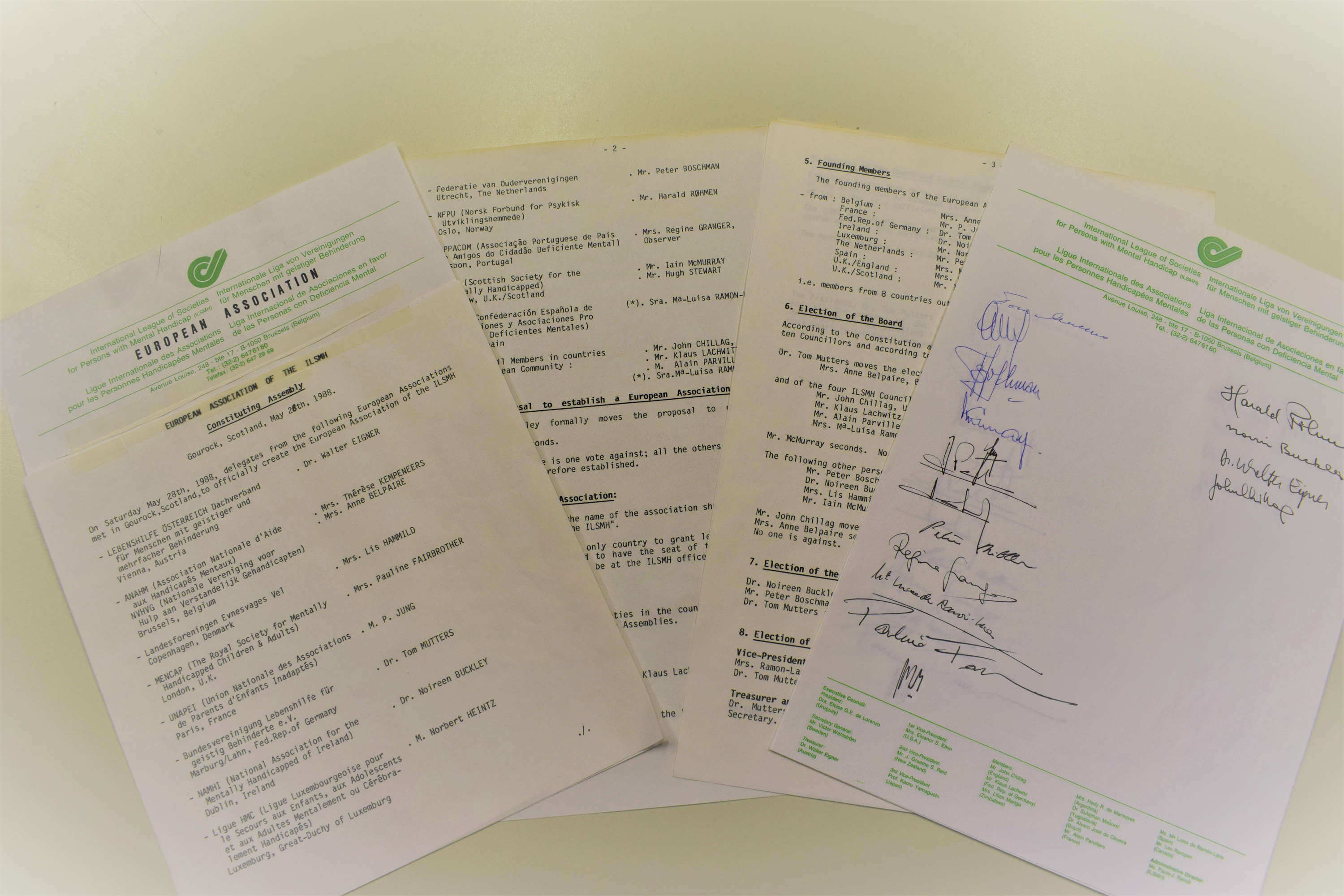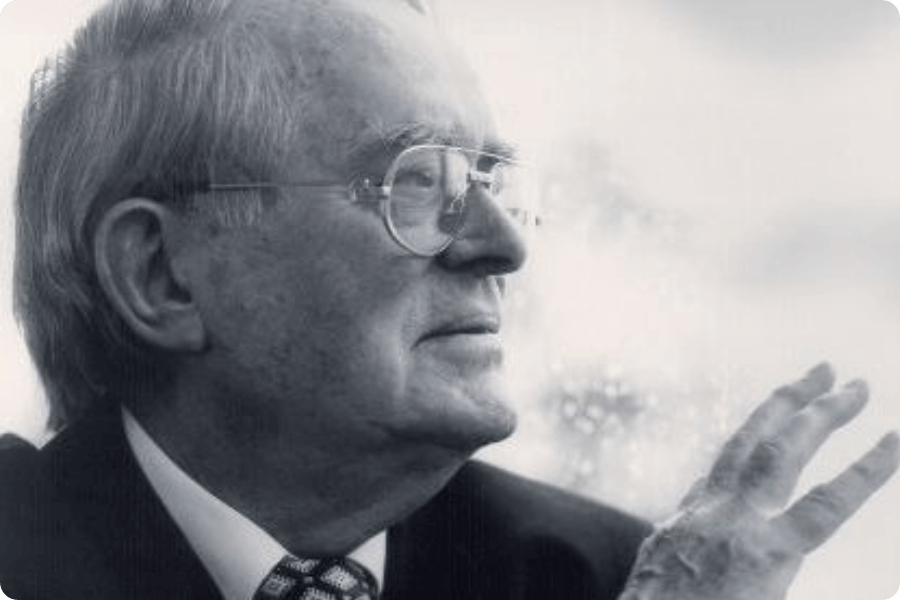These are our vision, mission and values:
Vision
Our vision is simple. We want a Europe where:
-
-
- people with intellectual disabilities enjoy equal rights and fully participate in all aspects of life
- family members of people with intellectual disabilities can be just that – family members
- the interests and concerns of people with intellectual disabilities and their families are considered in all policies affecting them
-
Mission
We fight for equal rights and full inclusion of people with intellectual disabilities and their families in all aspects of society.
Values
Our key values are:
Respect for people with intellectual disabilities, their opinions and choices.
Solidarity between weaker and stronger persons, generations and organisations.
Inclusion of people with intellectual disabilities and their families in all aspects of society as a result of respect and solidarity.
The below is archived list of members. For current list of Inclusion Europe members click here.
Inclusion Europe has 78 members in 39 European countries.
Albania
Help The Life Association
Tel.: +355-44 80 33 70
Email: info@helpthelife.org.al
Website: www.helpthelife.org
Austria
Lebenshilfe Österreich
Tel.: +43-1-812 26 42
Email: office@lebenshilfe.at
Website: www.lebenshilfe.at
Lebenshilfe Wien
Tel.: +43-1-812 26 35
Email: office@lebenshilfe.wien
Website: www.lebenshilfe.wien
Selbstvertretungszentrum
für Menschen mit Lernschwierigkeiten
Email: oselbstvertretungszentrum@wuk.at
Website: www.svz.wuk.at
Belarus
Lifeguide / BelAPDIiMI
Tel.: +375-17-365 03 88
Email: info@belapdi.org
Website: www.belapdi.org
Bosnia and Herzegovina
Association Sumero
Tel.: + 387 33 268 640
Email: info@sumero.ba
Website: www.sumero.ba
Bulgaria
BAPID – Bulgarian Association for Persons with Intellectual Disabilities
Tel.: +359-2- 4174419
Email: bapid@bapid.com
Website: www.bapid.com
National Association of Resource Teachers – Bulgaria
Tel.: +359-02-878 0234
Website: www.narubg.org
Croatia
Udruga za promicanje inkluzije – Association for Promoting Inclusion
Tel.: +385-1-375 89 32
Email: inkluzija@inkluzija.hr
Website: www.inkluzija.hr
Udruga za samozastupanje – Association for Self-Advocacy
Tel.: +385-1-555 66 80
Email: kontakt@samozastupanje.hr
Website: www.samozastupanje.hr
Hrvatski savez udruga osoba s intelektualnim teškoćama –
Croatian Association of Societies of Persons with Intellectual Disabilities
Tel.: +385-1-3775 470
Email: savezosit@savezosit.hr
Website: www.savezosit.hr
Cyprus
Pancyprian Parents Association for People with Mental Handicap
Tel.: +357-22-31 16 85
Email: pasygoka@cytanet.com.cy
Czechia
SPMP (ČR): Společnost pro podporu lidí s mentálním postižením – Inclusion Czech Republic
Tel.: +420-221-890 434
Email: spmp@seznam.cz
Website: www.spmpcr.cz
Sebeobhájci Praha
Tel.: +420-2-219 02 74
Email: jan.siska@pedf.cuni.cz
Rytmus
Tel.: +420-2-24 25 16 10
Email: pavlab@rytmus.org
Website: www.rytmus.org
Denmark
Landesforeningen LEV
Tel.: +45-3635 96 96
Email: lev@lev.dk
Website: www.lev.dk
Estonia
Vaimukad: Eesti Vaimupuudega Inimeste Tugiliit (EVPIT) –
Estonian Mentally Disabled People Support Organisation
Tel.: +372-6 -605 067
Email: evpit@vaimukad.ee
Website: www.vaimukad.ee
EVPIT Self-Advocacy Group
Tel.: +372-6-455 171
Email: evpit@vaimukad.ee
England (United Kingdom)
Learning Disability England
Email: info@LDEngland.org.uk
Website: www.learningdisabilityengland.org.uk
Faroe Islands
Javni
Tel.:+298-208090
Email: javni@javni.fo
Website: www.javni.fo
Finland
Kehitysvammaisten Tukiliitto r.y.
Tel.:+358-3-240 31 11
Email: toimisto@tukiliitto.fi
Website: www.tukiliitto.fi
FDUV
Tel.:+358-9-4342 360
Email: fduv@fduv.fi
Website: www.fduv.fi
Steg för Steg
Tel.: +358-9-40 70 70
Email: fduv@fduv.fi
Website: www.stegforsteg.fi
France
UNAPEI
Tel.:+33-1-44 85 50 50
Email: public@unapei.org
Website: www.unapei.org
Nous Aussi
Tel.:+33-1-44 85 50 50
Email: nous-aussi@unapei.org
Website: nous-aussi.fr
Les Papillons Blancs de Dunkerque
Tel.:+33-3-28 61 78 83
Email: contact@papillonsblancs-dunkerque.fr
Website: www.papillonsblancs-dunkerque.fr
Association “Les Jeunes Handicapés”
Tel.:+33-5-61-91-59-64
Website: www.ajh.fr
Germany
Bundesvereinigung Lebenshilfe für Menschen mit geistiger Behinderung e.V.
Tel.: +49-30/20 64 11-0
Email: bundesvereiningung@lebenshilfe.de
Website: www.lebenshilfe.de
Der Rat behinderter Menschen der Bundesvereinigung Lebenshilfe
Tel.: +49-030/20 6411-124
Email: ulrich.niehoff@lebenshilfe.de
Lebenshilfe Schleswig-Holstein
Tel.: +49 431-66118-0
Email: info@lebenshilfe-sh.de
Website: www.lebenshilfe-sh.de
Greece
POSGAMEA – Panhellenic Federation of Parents and Guardians of Disabled People
Tel.:+30-210-523 65 01,+30-210-523 0423
Email: posgamea@otenet.gr
Website: www.posgamea.gr
Hungary
ÉFOÉSZ – Értelmi Fogyatekosok Orszagos Érdekvedelmi Szvotsege
Tel.: +36-1-411 13 57
Email: efoesz@efoesz.hu
Website: www.efoesz.hu
ÉFOÉSZ Self-Advocacy Group
Tel.: +36-1-411 13 57
Email: efoesz@efoesz.hu
Website: www.efoesz.hu
Iceland
Landssamtökin Þroskahjálp
Tel.: +354 5889390
Email: throskahjalp@throskahjalp.is
Website: www.throskahjalp.is
Ireland
Inclusion Ireland
Tel.: +353-1-855 98 91
Email: info@inclusionireland.ie
Website: www.inclusionireland.ie
Israel
AKIM Israel
Tel.: +972-3-766 22 22
Email: info@akimisrael.com
Website: www.akim.org.il
Italy
Anffas Italy
Tel.: +39-06-321 2391
Email: nazionale@anffas.net
Website: www.anffas.net
Lithuania
VILTIS – Lithuanian Welfare Society for Persons with Mental Disability
Tel.: 370 (8) 5 26 15 223
Email: viltis@viltis.lt
Website: www.viltis.lt
Luxemburg
APEMH
Tel.:+352-379.19.11
Email: apemh@apemh.lu
Website: www.apemh.lu
Ligue HMC
Tel.: +352-30 92 32-1
Email: direction-secretariat@ligue-hmc.lu
Website: www.ligue-hmc.lu
Malta
INSPIRE – The Foundation for Inclusion
Tel.: +356-21 89 00 00
Email: info@inspire.org.mt
Website: www.inspire.org.mt
Malta Federation of Organisations of Persons with Disability (MFOPD)
Tel.: +356-770 755 55/ +356 270 755 55
Email: mfopdmalta@gmail.com
Website: www.mfopd.org
Movement in Favour of Rights for Persons with Disability – Down Syndrome Association
Tel.:+356-214 485 70 / +356 992 294 18
Email: marthesemugliette@gmail.com
National Parents’ Society of Persons with Disability
Tel.: +356-27 371 582
Email: npspdsociety@gmail.com
Website: www.npspd.org
Netherlands
Inclusie Nederland
Tel: +31-30 236 30 00
Email: info@inclusienederland.nl
Website: www.inclusienederland.nl
Vereniging LFB
Tel.:+31-30 236 37 61
Email: info@lfb.nu
Website: www.lfb.nu
Ieder(in)
Email: post@iederin.nl
Website: www.iederin.nl
Norway
NFU – Norsk Forbund for Utviklingshemmede
Tel.: +47-22-39 60 50
Email: post@nfunorge.org
Website: www.nfunorge.org
NFU Self-Advocacy Group
Tel.: +47-22-39 60 50
Email: helene@nfunorge.org
Poland
PSONI: Polskie Stowarzyszenie na rzecz Osób z Niepełnosprawnością Intelektualną –
Polish Association for Persons with Intellectual Disability
Tel.: +48-22-848 82 60
Email: zg@psouu.org.pl
Website: www.psoni.org.pl
Portugal
FENACERCI
Tel. (+351) 21 711 25 80
Email : fenacerci@fenacerci.pt
Website: www.fenacerci.pt
Romania
Ceva de Spus
Tel.: +40 356 430 240
Email: contact@cevadespus.ro
Website: www.cevadespus.ro
Pentru Voi
Tel.: +44-141-226 45 41
Email: pentruvoi@pentruvoi.ro
Website: www.pentruvoi.ro
Russia
Перспектива / Perspektiva
Tel.: +7 (499) 725 39 82
Email: office@perspektiva-inva.ru
Website: www.perspektiva-inva.ru
Scotland (United Kingdom)
ENABLE SCOTLAND
Tel.: +44-016-987-37-000
Email: enabledirect@enable.org.uk
Website: www.enable.org.uk
ENABLE ACE COMMITTEE
Tel.: +44-016-987-37-000
Email: enable@enable.org.uk
Website: www.enable.org.uk
Slovakia
ZPMPVSR: Združenie na pomoc ľuďom s mentálnym postihnutím v SR
Tel.: +4212-63 81 49 68
Email: zpmpvsr@zpmpvsr.sk
Website: www.zpmpvsr.sk
Slovenia
ZVEZA SOŽITJE – The Slovenian Association for Persons with Intellectual Disabilities
Tel.: +386-1-436 97 50
Email: info@zveza-sozitje.si
Website: www.zveza-sozitje.si
Center for training, work and protection
Dolfka Boštjančič, Draga
Tel.: +386 1 420 26 00
Email: center.draga.ig@center-db.si
Spain
Plena Inclusión
Tel.: +34-91-556 74 13
Email: info@plenainclusion.org
Website: www.plenainclusion.org
GADIR – Grupo de Apoyo a la Dirección Plena inclusión
Tel: +34-91-556 74 13
Email: info@plenainclusion.org
Website: www.plenainclusion.org
Som Fundació Catalana Tutelar
Tel.: +34-93-2980301
Email: informacio@somfundacio.org
Website: www.somfundacio.org
Sweden
FUB
Tel.: +46-8-50 88 66 00
Email: fub@fub.se
Website: www.fub.se
Inre Ringen Sverige
Tel.: +46-8-508 866 00
Email: inre-ringen@fub.se
Website: www.fub.se/inre-ringen
Switzerland
INSIEME
Tel.: +41-31-300 50 20
Email: sekretariat@insieme.ch
Website: www.insieme.ch
Ukraine
All-Ukrainian NGO Coalition for Persons with Intellectual Disability
Email: vgo.coalition@gmail.com
Website: www.inteldisabilities-coalition.com.ua
Wales (United Kingdom)
All Wales People First
Email: admin@allwalespeople1st.co.uk
Website: https://allwalespeople1st.co.uk
European organisations
Down Syndrome Education International
Tel.: +44(0)23-9285-5330;
Email: enquiries@downsend.org
Website: www.dseinternational.org
Special Olympics Europe Euroasia
Tel.: +353-1-633 67 64
Email: mbraycich@specialolympics.org
Website: www.specialolympics.eu
Since it was founded in 1988, Inclusion Europe has achieved many things. We picked 30 highlights for you:
The notes of the constituting assembly from 1988
1988: Inclusion Europe is set up under the name ILSMH-EA, which is the acronym for “International League of Societies for the Mentally Handicapped – European Association”. Tom Mutters becomes its president.
Then …
1991: Inclusion Europe adopts recommendations for community-based housing, committing all its members to work towards community-based living.
1992: Iain McMurray from Scotland is elected as the new president.
1995: John O’Gorman from Ireland becomes president.
1997: The first European Meeting of Self-Advocates is held in Durdent Court, UK.
1998: Thérèse Kempeneers-Foulon from Belgium becomes president. Guidelines for easy-to-read published.
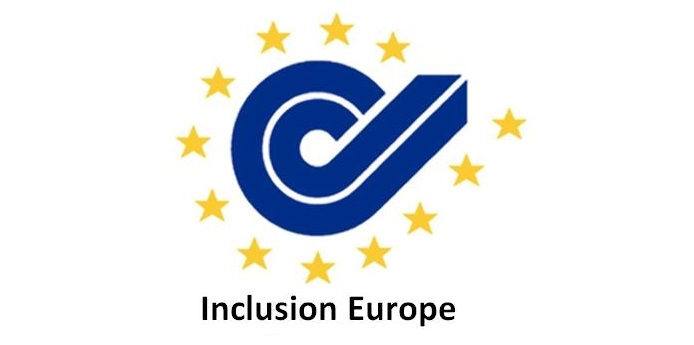
2000: ILSMH-EA changes its name to Inclusion Europe.
2000: The European Platform of Self-Advocates (EPSA) is created as part of Inclusion Europe’s drive to be an inclusive organisation.
2000: Gianina Gendelon is the first self-advocate ever to address the European Parliament in Strasbourg.
2000: The newsletter “Include” is established.
2001: Francoise Jan from France is elected as the new president. Ulla Topi from Finland becomes EPSA chairperson.
2001: Inclusion Europe publishes materials for making meetings and conferences accessible.
2002: Following the publication of the first ever Easy-to-Read guidelines in 1998, Inclusion Europe creates the easy-to-read logo to make accessible materials easily recognisable for self-advocates.
2003: Inclusion Europe’s art exhibition “Me, Blue and You … against discrimination” advocates for non-discrimination of people with disabilities and building an inclusive Europe. The exhibition is on display in Greece, Slovenia, Germany, Sweden, Estonia, Finland, England, Scotland, France, Portugal, Spain, Belgium, the Netherlands and Ireland. It is shown in very prominent places, such as the Louvre in Paris, the Foreign Ministry in Germany and the national Parliament in Slovenia.
2003: In the same year, the first conference organised by the European Platform of Self-Advocates is held, called “Empowerment. Together against Discrimination!” It is later to become “Hear our Voices“.
2004: Foundation of the European Coalition of Community Living
2006: Ingrid Körner from Germany replaces Francoise Jan as president. Andrew Doyle from Scotland becomes the new EPSA chairperson.
2006: The UN General Assembly adopts the Convention on the Rights of Persons with Disabilities and its Optional Protocol. The Convention has a strong commitment to inclusive education, universal recognition of legal capacity as advocated for by Inclusion International and Inclusion Europe.
2007: EPSA starts its easy-to-read newsletter called “Europe for Us.”
2007: The International Conference on Deinstitutionalisation and Community living takes place in Prague, Czechia.
2010: Ivo Vykydal from Czechia becomes the new president.
2010: Inclusion Europe develops an easy-to-read version of the new European Union Disability Strategy 2010- 2020, a key document for the European Union’s work in the field of disability.
2011: Maureen Piggot from the UK becomes Inclusion Europe’s new president.
2011: The Topside Project on developing peer support and training is launched. In the context of the project, a curriculum for teaching peer supporters and trainers is published.
2012: Senada Halilčević becomes EPSA chairperson.
2014: Inclusion Europe campaigns to raise awareness of the fact that more than five million Europeans with intellectual disabilities at risk of not being able to vote or stand for election in the European elections
2014: Inclusion Europe launches the Choices platform with examples of supported decision-making.

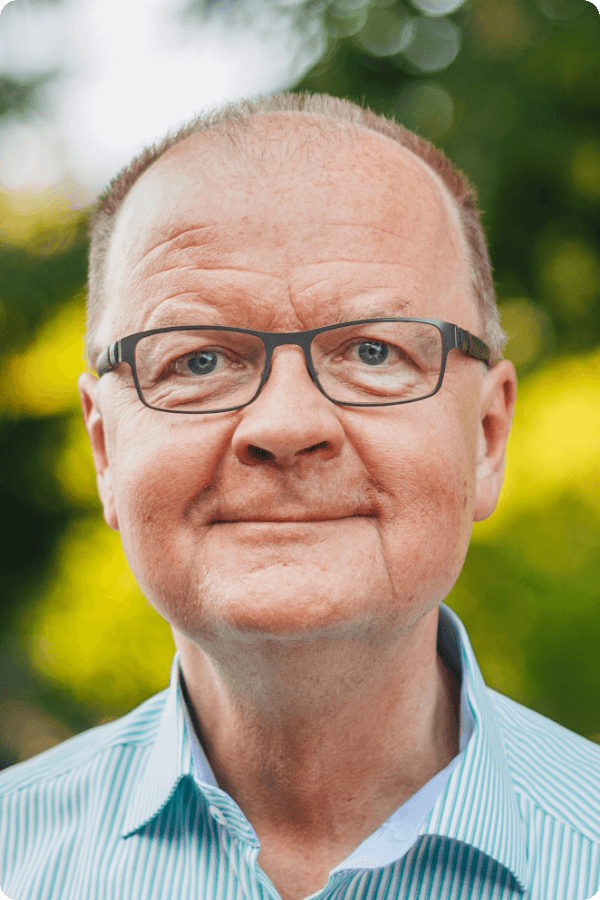
2014 & 2015: Inclusion Europe receives the “Zero Project” awards for “promoting Europe-wide quality standards for accessible information for persons with intellectual disabilities” and for its guidelines for accessible elections.
2015: “Europe in Action” congress in Rome on “Families and Self-Advocacy”
2017: Inclusion Europe’s board member Harry Roche speaks at the European Parliament for Persons with Disabilities. 200 persons with intellectual disabilities attend the event. (Annual report 2017 .pdf)
2018: Inclusion Europe celebrates 30th anniversary at the the World Congress in Birmingham. Jyrki Pinomaa becomes Inclusion Europe’s president. 5Es strategy year 1: Empower. Research on violence against women published. (Annual report 2018 .pdf)
2019: 5Es strategy year 2: Elect. Some remarkable progress on right to vote across Europe. (Annual report 2019 .pdf)
2020: 5Es strategy year 3: Educate. Heavy impact of the Covid pandemic: report; European Parliament resolution on rights of people with intellectual disabilities. End of year summary. (Annual report 2020 .pdf)
2021: 5Es strategy year 4: Employ. Europe in Action conference about employment from Finland. Jyrki Pinomaa re-elected for second term (starting in 2022) as president. Hear our Voices! self-advocacy conference. Position paper: Why we care about education. End of year summary. And the Annual report 2021.
2022: 5Es strategy year 5: End segregation. Campaign to help in Ukraine. Europe in Action to End Segregation conference. Inclusion Europe received the European Citizen’s Award. End of year summary.
Inclusion Europe is supported by
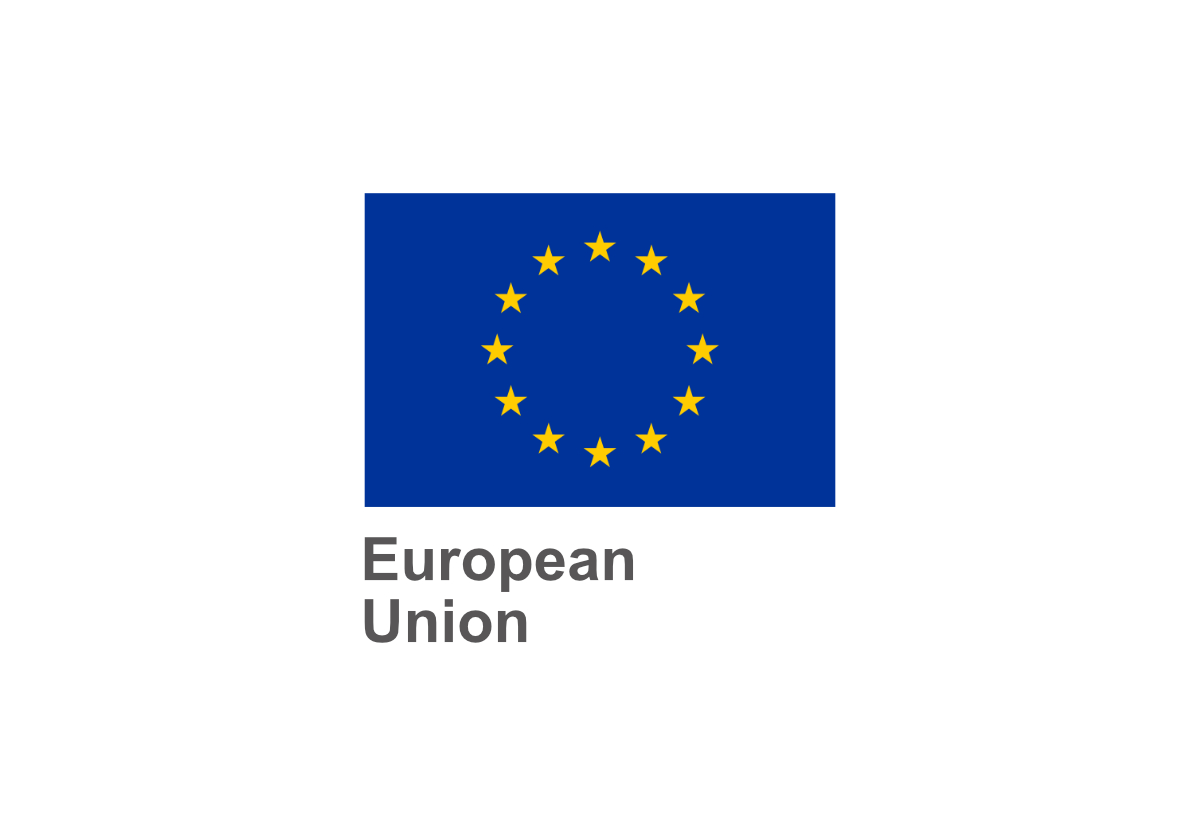
Inclusion Europe is a member of:
Organisations:
The global Inclusion movement:
- Inclusion Europe represents the Region Europe in Inclusion International.
Inclusion Europe is a registered non-profit organisation under Belgian law (aisbl = association internationale sans but lucrative). It was founded in 1988.
Our work and structure are governed by a registered Constitution and Bylaws. They define the membership criteria, the structure and the internal governance of the organisation and are adapted to changing requirements by decision of the Annual General Assembly of all members.
The original Constitution is in French and it is translated into English:


